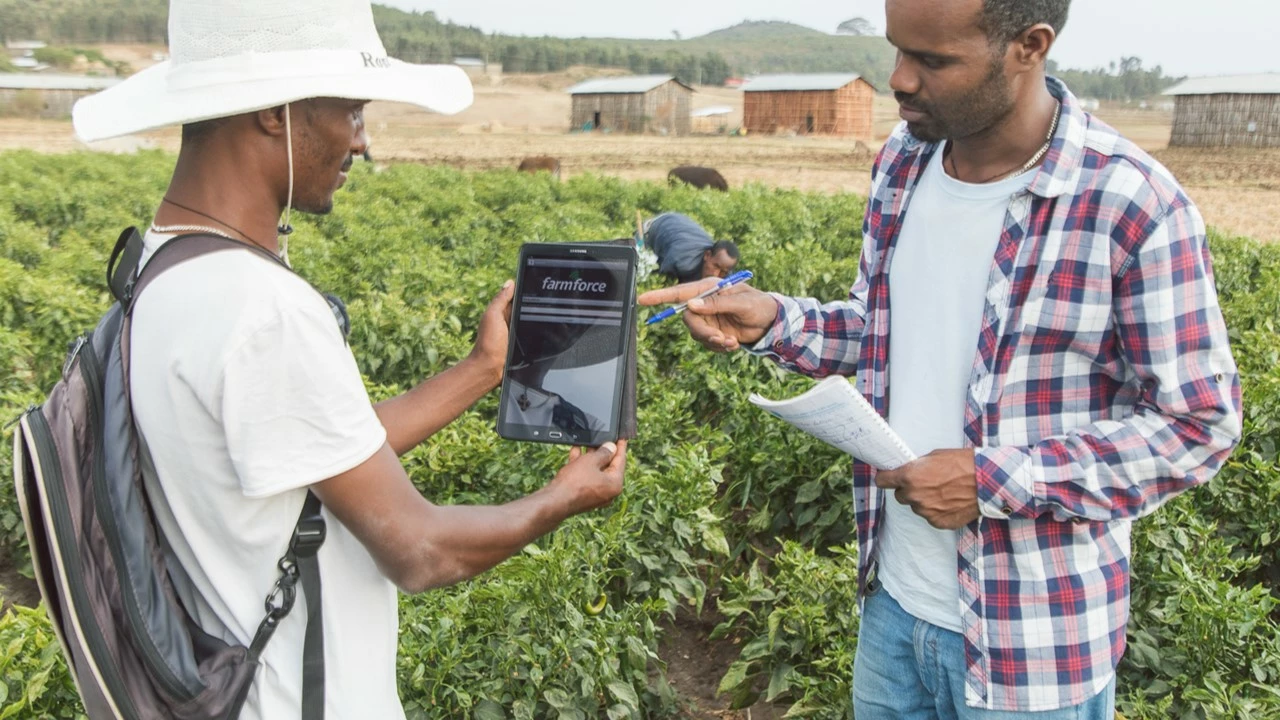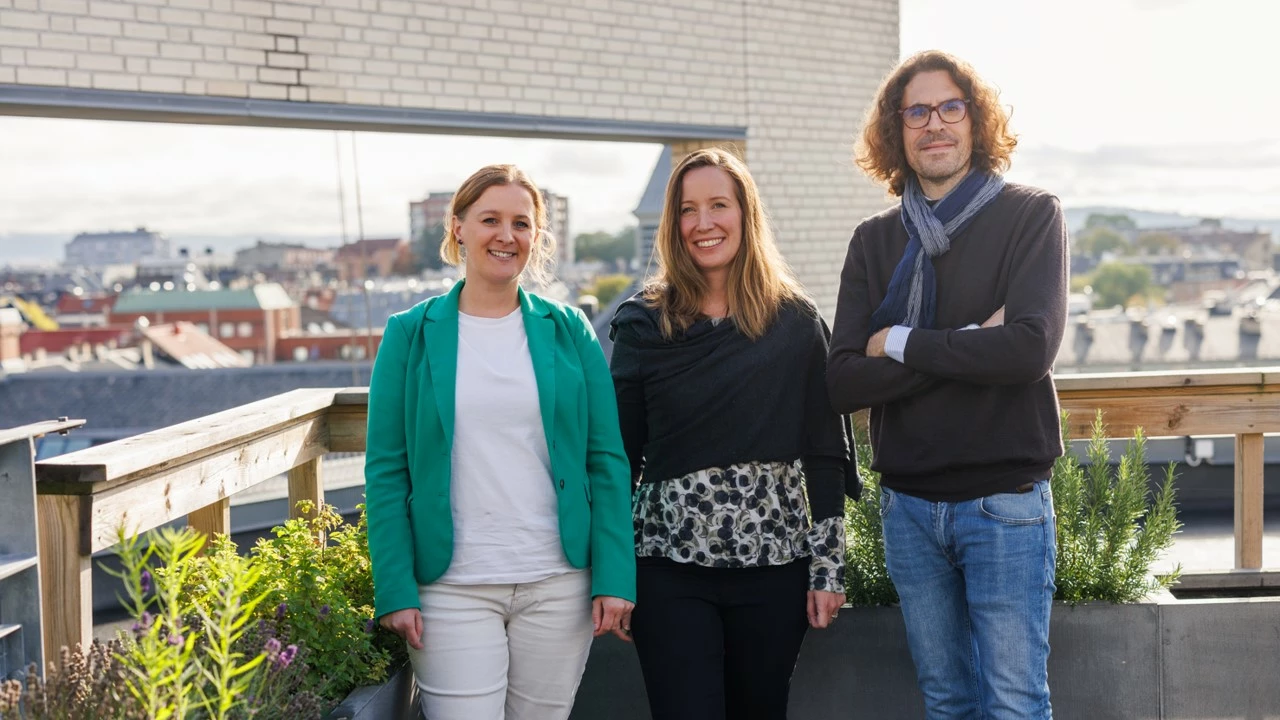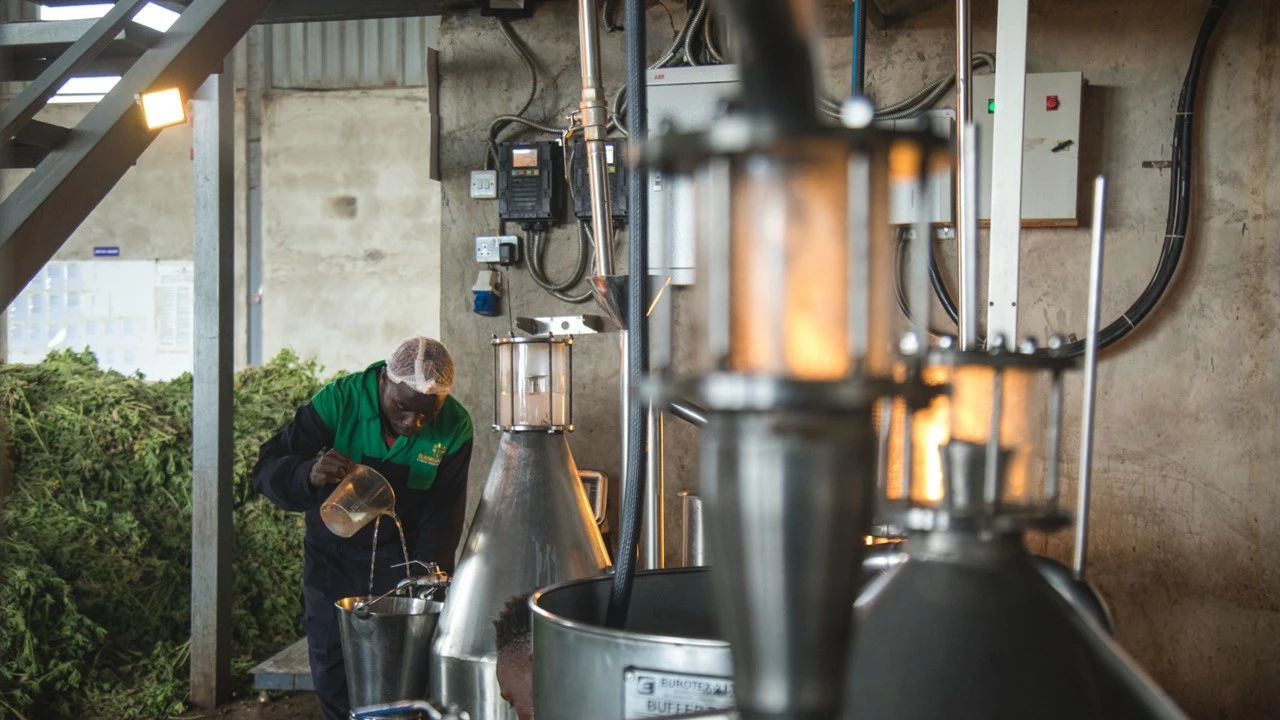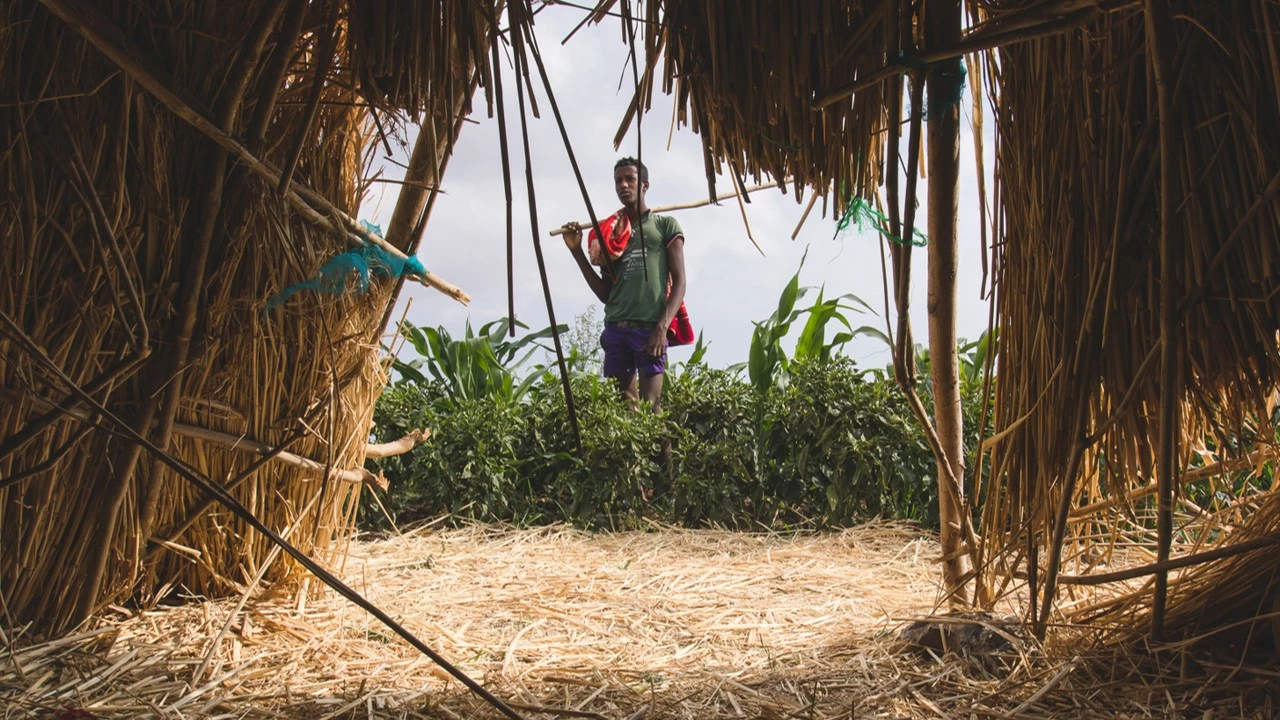Fakta
How common is child labour?
– According to the ILO (International Labour Organization) and Unicef, 160 million children are victims of child labour (2021)
– According to the ILO the agricultural sector accounts for the largest share of child labour worldwide – as much as 71%
– 1.56 million children are estimated to be involved in the cocoa production in West Africa






